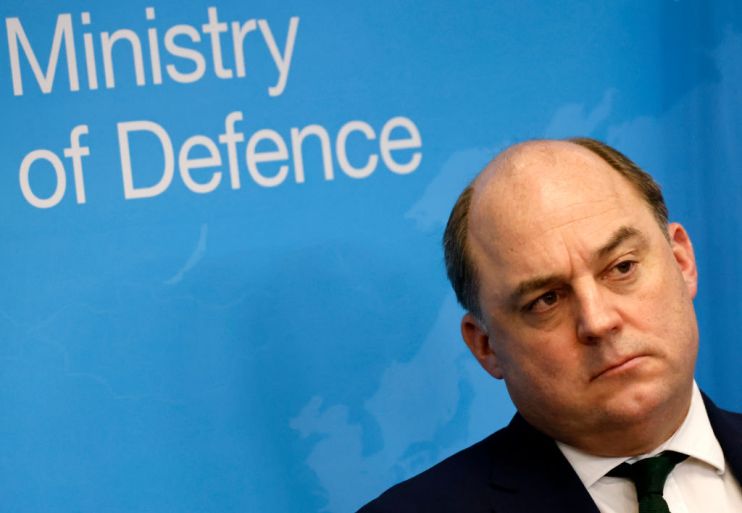UK military may break NATO pledges, MPs warn

The UK’s plan for arming its military is a “broken system” and government ministers may struggle to meet crucial commitments to NATO, a prominent group of MPs has warned.
A critical report into the Ministry of Defence’s (MoD) plans to buy military equipment found a “cycle of costly delay and failure” and an ignoring of the “worsening economic environment”.
MPs on the Public Accounts Committee (PAC) said they had “serious doubts” whether the MoD’s equipment plan – a rolling, decade-long initiative to kit out the army, air force and navy – was responsive enough to react to a “more dangerous international situation”, following Russia’s illegal invasion of Ukraine.
In its report, the committee, led by Dame Meg Hillier, wrote: “If the MoD does not act swiftly to address the fragility of its supply chain, replenish its stocks, and modernise its capabilities, there is a risk the UK might struggle to maintain its essential contribution to NATO.”
MPs said they saw the same “multi-billion” procurement problems each year, as military “equipment arrives into service many years late and significantly over-budget, with depressing regularity.
“Neither taxpayers nor our armed forces are being served well. There needs to be meaningful change of this broken system. “
‘Unsubstantiated?’
The MoD says its military equipment plans, which run until 2032 and take up 46 per cent of the department’s £242.3bn budget over 1,800 projects, are affordable, MPs noted, but said they suffered from “optimism bias” and relied on an additional £5.2bn going into the budget.
Recommendations in the report included reassessing the affordability of its plans; quickly achieving assumed savings; and improving the scale and efficiency of its supply chain.
An MoD spokesperson said claims the plan had not learned from conflict in Ukraine was “unsubstantiated” and that the department had not needed to “substantially reform” its equipment pipeline.
“Nor do we recognise the broken procurement system painted by this report,” they said. “[We] routinely assess time, cost and risk factors on all projects, and deliver the vast majority on time and in budget, and we have made numerous changes to improve procurement practices where projects have fallen short.”
